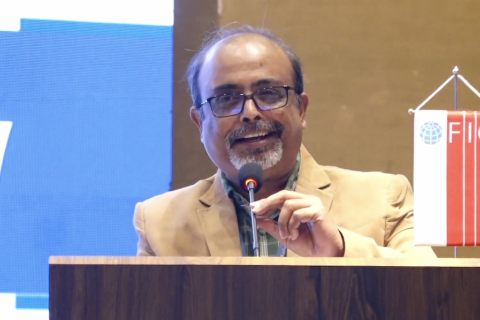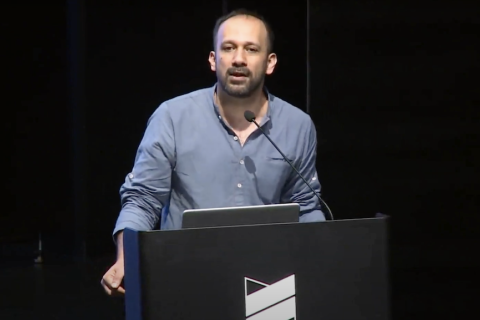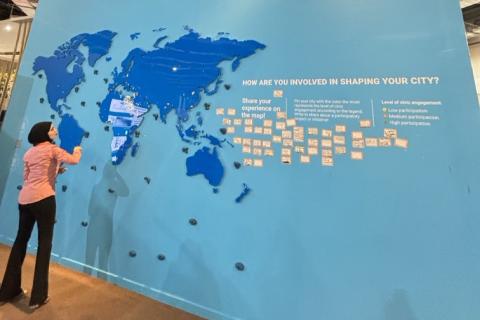Youth, Land, and Climate Justice: Turning Data Into Power
Despite the fact that land supports the world’s food systems and community well-being, land continues to be unequally distributed, poorly governed, and insecure for billions of people. While 50-65 percent of the world’s land is occupied and used by Indigenous Peoples and communities, only an estimated 10 percent of the world’s land is legally recognized as belonging to them, with another 8 percent designated by governments for them.





